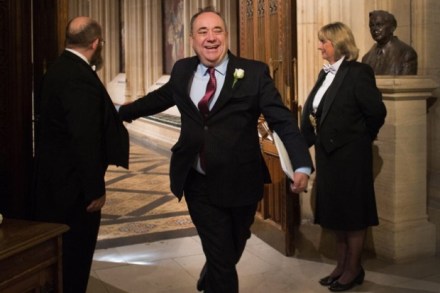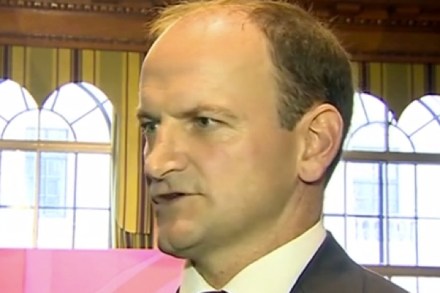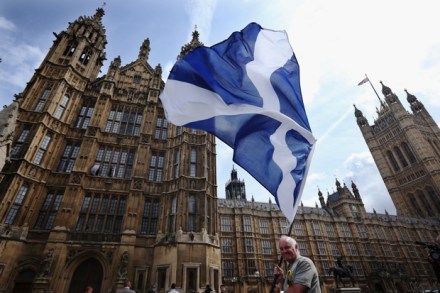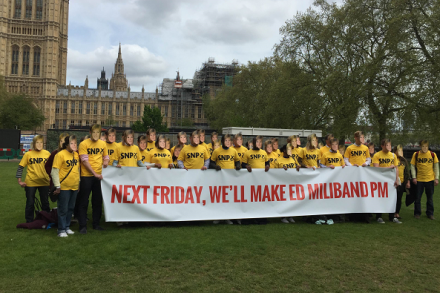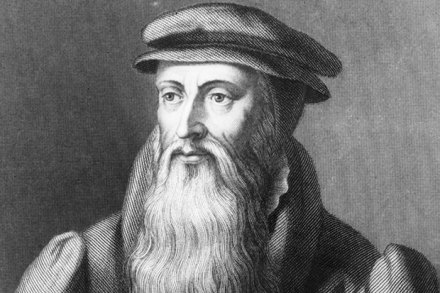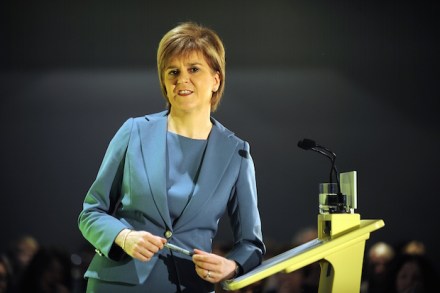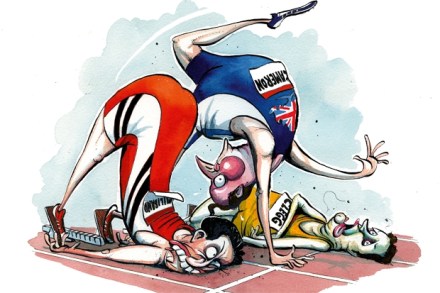Alex Salmond insists on Nats dining separately from hacks
The Kennington Tandoori is a favourite late-night eatery for MPs of all persuasions. Last night was no exception, with Tom Watson spotted planning his bid for deputy leader of Labour over curry and beers, and the SNP’s foreign affairs spokesman Alex Salmond seen enjoying poppadoms with a gaggle of Nats. But word reaches Mr S that all was not well with the restaurant’s seating plan. When the SNP gang arrived, they were somewhat unsettled to find that seated next to their table was a group of journalists, who were also settling down for a curry. After some furtive glances across the restaurant, the hungry hacks were eventually moved to another table, to ensure they couldn’t listen in on the Scottish Nationalists’
